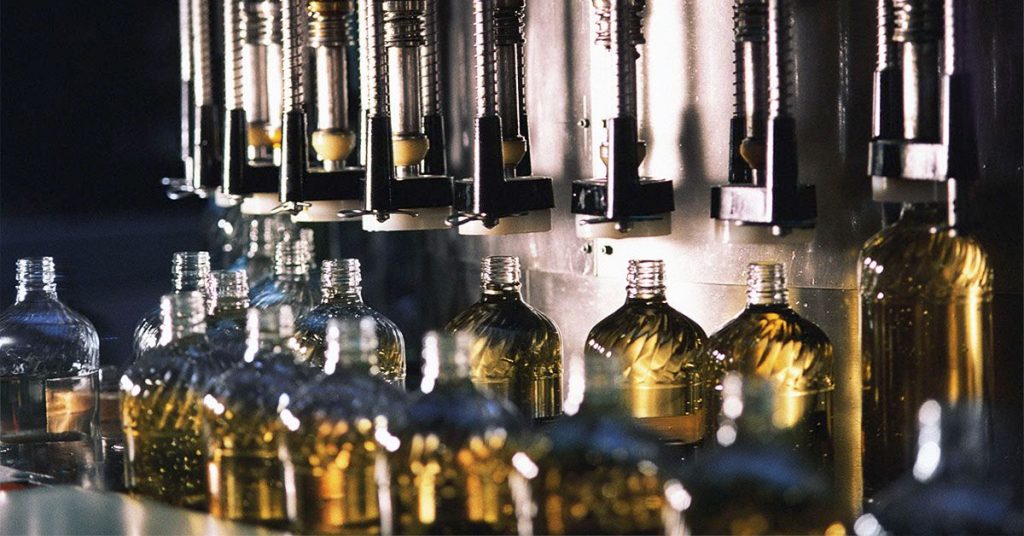Breast cancer is the most common type of cancer in women, affecting around 13% of women at some point in their lives. While deaths from breast cancer are declining in the United States, the incidence of the disease is increasing, particularly among younger women. A new study has identified 189 chemicals in food packaging that are possible mammary carcinogens, substances that may increase the likelihood of breast cancer. Experts are unsure of the reasons for the rise in breast cancer cases each year.
The American Cancer Society reports that the lifetime risk of developing some form of cancer is 41.6% for men and 39.6% for women, with breast cancer being the most common form among women. A recent study has shown a 44% decline in deaths from breast cancer since 1989, attributed to increased screening and improved treatments. However, the study warns of rising incidence of breast cancer, particularly among younger women. Risk factors for breast cancer include being female, getting older, genetic mutations, having dense breasts, and exposure to carcinogens.
A study by the Food Packaging Forum Foundation has identified 189 potential breast carcinogens in common food packaging materials, with 76 of these able to transfer from packaging into food. While this may be concerning, it is important to note that no conclusive link has been established between these chemicals and breast cancer. Food comes into contact with various materials during processing and packaging, and these substances can potentially migrate into the food, increasing the risk of cancer. Different types of packaging contain varying numbers of potential carcinogens, with plastics having the most.
Of the 189 food packaging chemicals identified, 30 have been shown to cause cancer in animal models, 67 are genotoxic, and the rest are likely to be endocrine disruptors. While the study found that most of these chemicals can transfer from packaging to food, further research is needed to determine their impact on human health. To reduce exposure to harmful substances, experts recommend avoiding heating foods in plastic packaging, storing food in glass containers instead of plastic, and choosing local produce and fresh fruits and vegetables over packaged foods.
While there is a possibility of a link between potential carcinogens in food packaging and the increase in breast cancer incidence, more research is needed to establish a definitive connection. Maintaining a healthy lifestyle, limiting alcohol consumption, and being physically active are all ways to reduce the risk of developing breast cancer. Experts call for more awareness of potential carcinogens in plastic food packaging and policy changes to regulate packaging materials worldwide. Drinking tap water, avoiding heating food in plastic, and storing food in glass containers are simple ways to reduce exposure to harmful chemicals.















